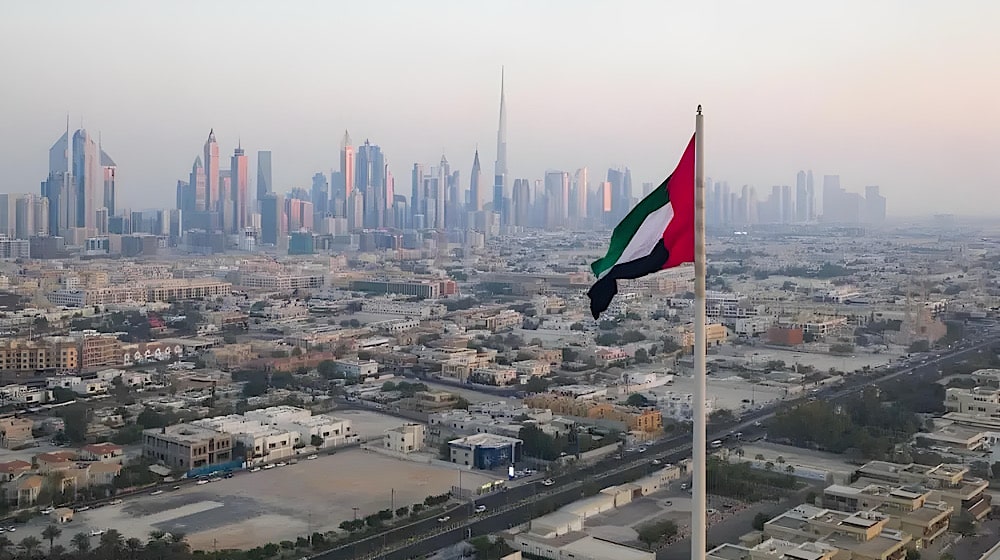The UAE has introduced a comprehensive new law to regulate medical products, pharmacies, and pharmaceutical businesses. The law aims to enhance the organization, security, and oversight of development and distribution processes.
The legislation, announced on Sunday, December 29, covers medical devices, pharmaceutical products, healthcare items, biological products, supplements, and cosmetics. It also extends to biobanks and pharmaceutical establishments, including those in free zones, setting a framework for licensing, supervision, and management. The law also addresses ownership transfers and outlines the roles of the Emirates Drug Establishment, the Ministry of Health, and local health authorities.

Violations of the law may result in disciplinary actions, such as temporary license suspensions, precautionary closures, license cancellations, and fines of up to AED 1 million for establishments and AED 500,000 for practitioners.
Key Provisions of the Law
- Regulation of Medical Products: Covers development, manufacturing, registration, pricing, import, export, distribution, possession, sale, marketing, use, and safe disposal.
- Marketing Authorizations: Introduces exclusive, conditional, and emergency use authorizations, with a fast-track process for innovative medical products of therapeutic importance.
- Innovation Protection: Implements mechanisms to safeguard pharmaceutical innovations and establish regulatory protection periods.
- Pharmaceutical Policies Committee: Proposes policies for the circulation, pricing, and monitoring of medical products.
- Investment and Innovation: Establishes systems to foster investment and innovation in the pharmaceutical sector.
- Pharmacovigilance: Organizes procedures to ensure the safe use of medical products and mitigate side effects.
- Strategic Inventory Policy: Develop a national policy for the strategic stockpile of medical products.
Scope of the Law
The provisions apply to the following:
- Products: Medical, drug, healthcare, biological, and genetically modified organism products for medical use; dietary supplements; cosmetics; and controlled, hazardous, or toxic products.
- Establishments: Pharmacies, pharmacy chains, compounding pharmacies, pre-clinical and clinical research entities, bioequivalence centers, pharmaceutical labs, factories, marketing firms, consulting firms, medical warehouses, biobanks, and contract research organizations.
Licensing and Oversight
The Emirates Drug Establishment is tasked with:
- Issuing licenses for medical products and overseeing their import, export, and marketing.
- Approving advertisements and ensuring adherence to Good Practices in the pharmaceutical industry.
- Managing the licensing and oversight of pharmaceutical establishments, including factories, marketing companies, and biobanks.
The Ministry of Health and local health authorities will:
- License and monitor pharmacy professionals, pharmacies, and medical stores.
- Oversee blood storage units and coordinate the integration of licensing databases and monitoring systems.
Coordination and Enforcement
The law emphasizes collaboration among entities to share licensing information, integrate databases, and monitor compliance, ensuring a cohesive regulatory framework.
The post Up to AED 1 Million Fine Announced for Medical Industry in UAE appeared first on ProPakistani.
